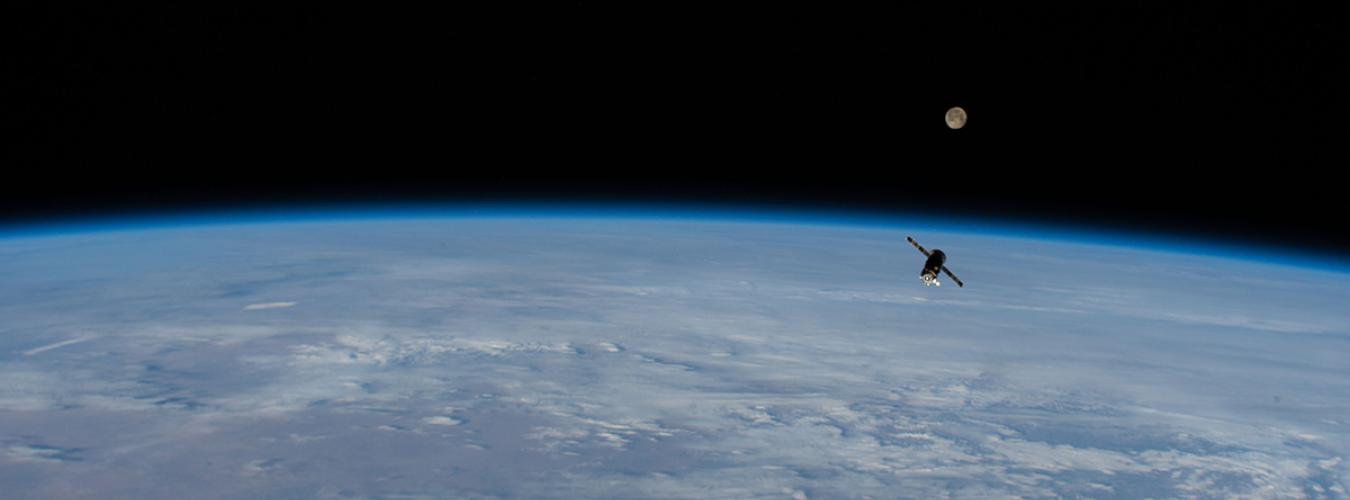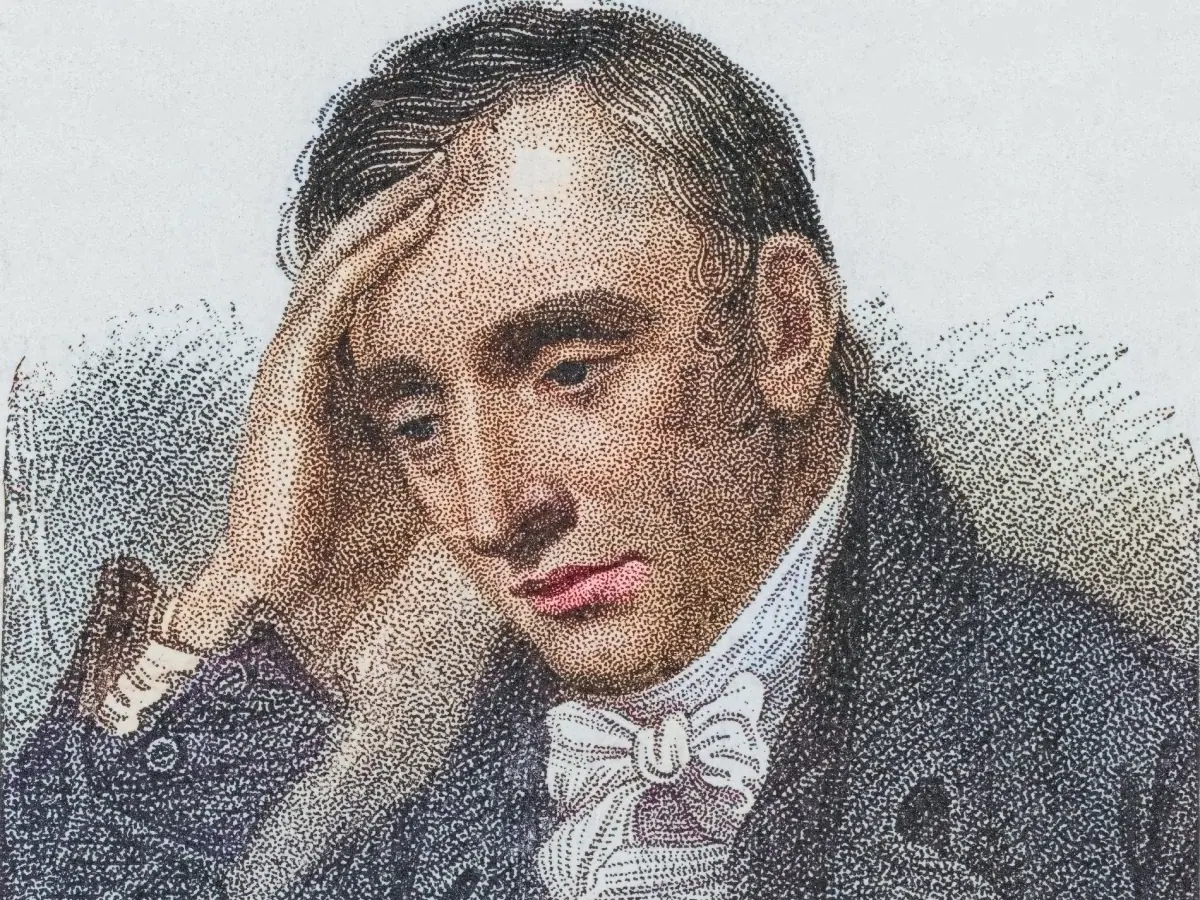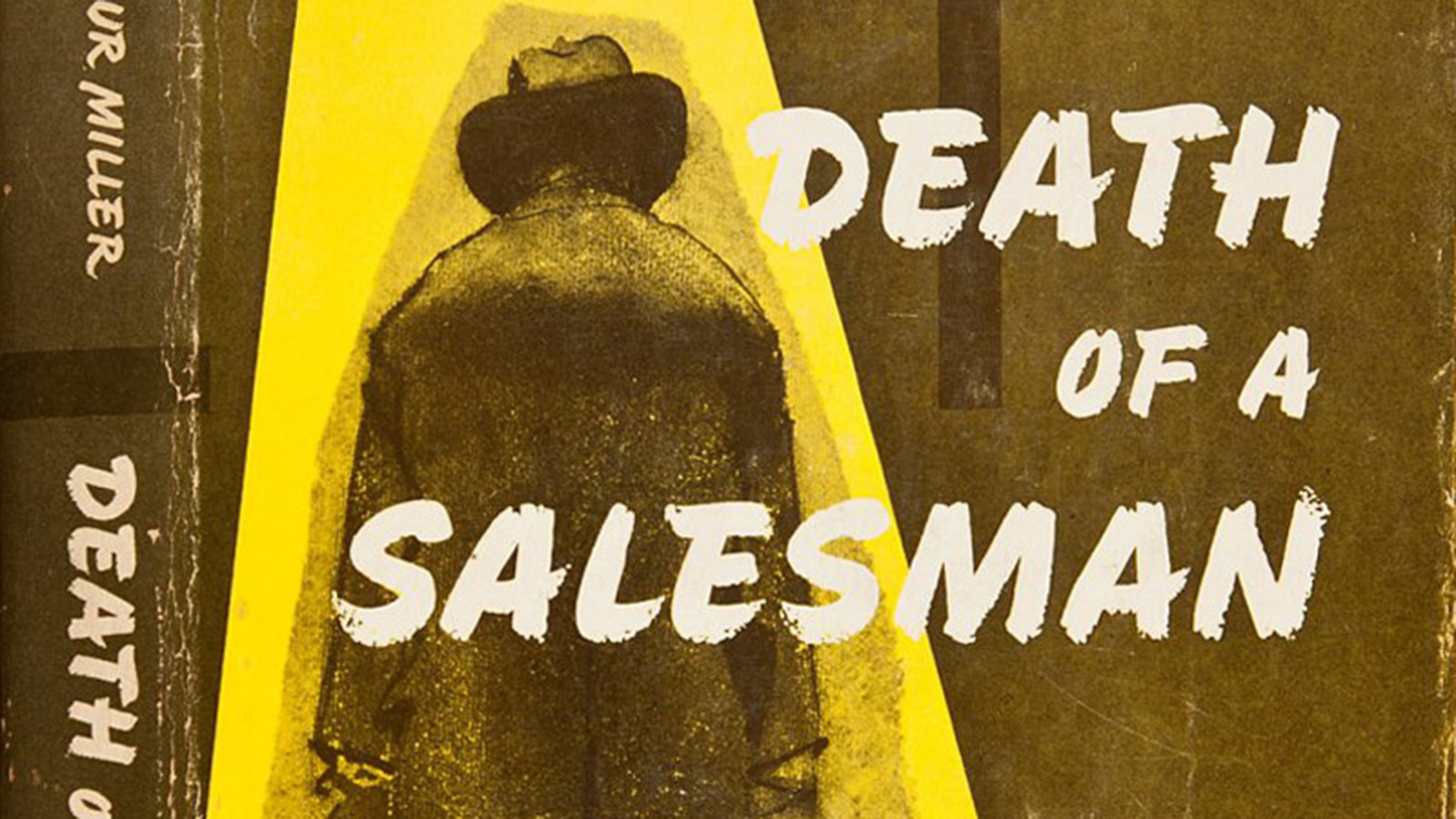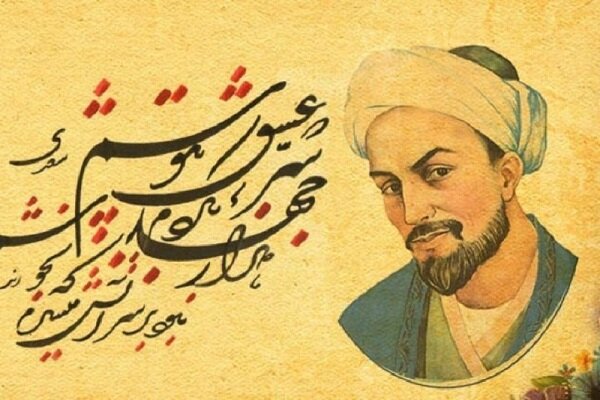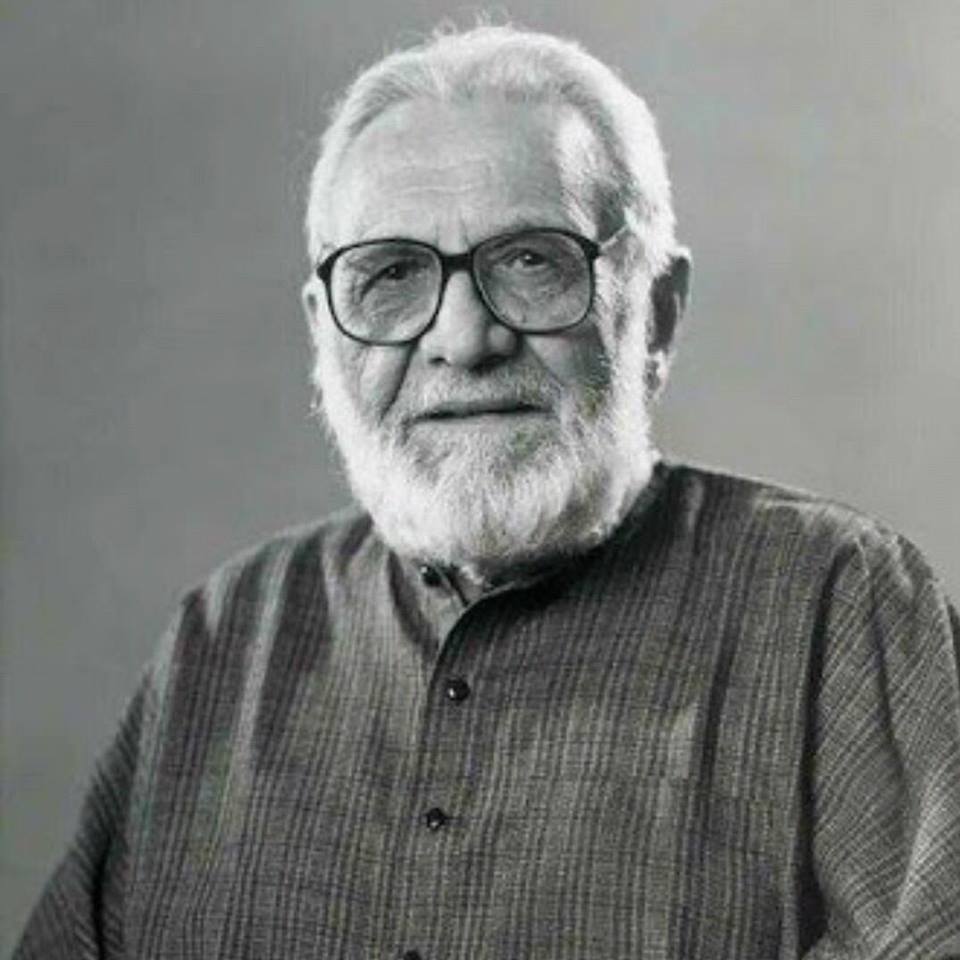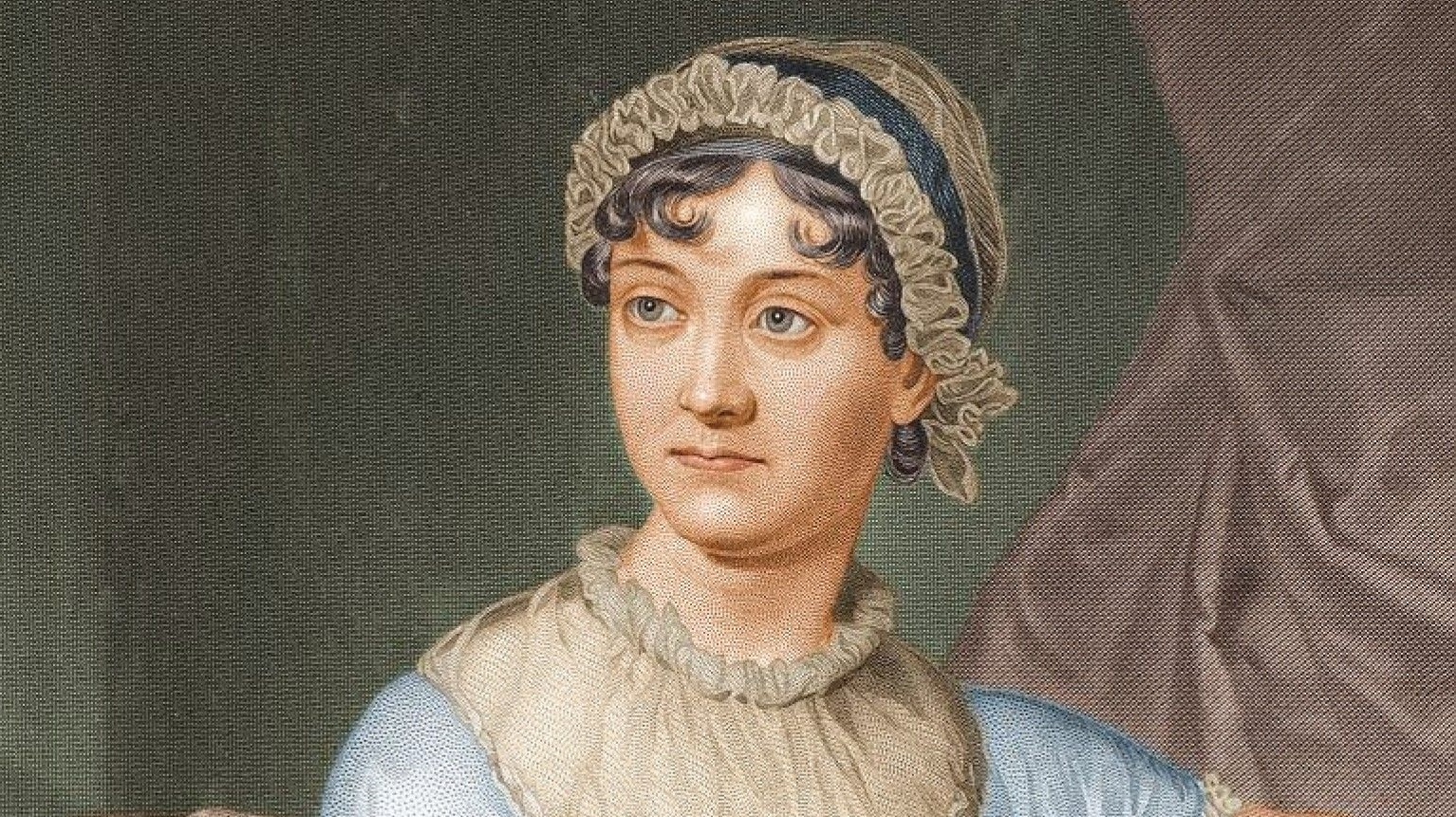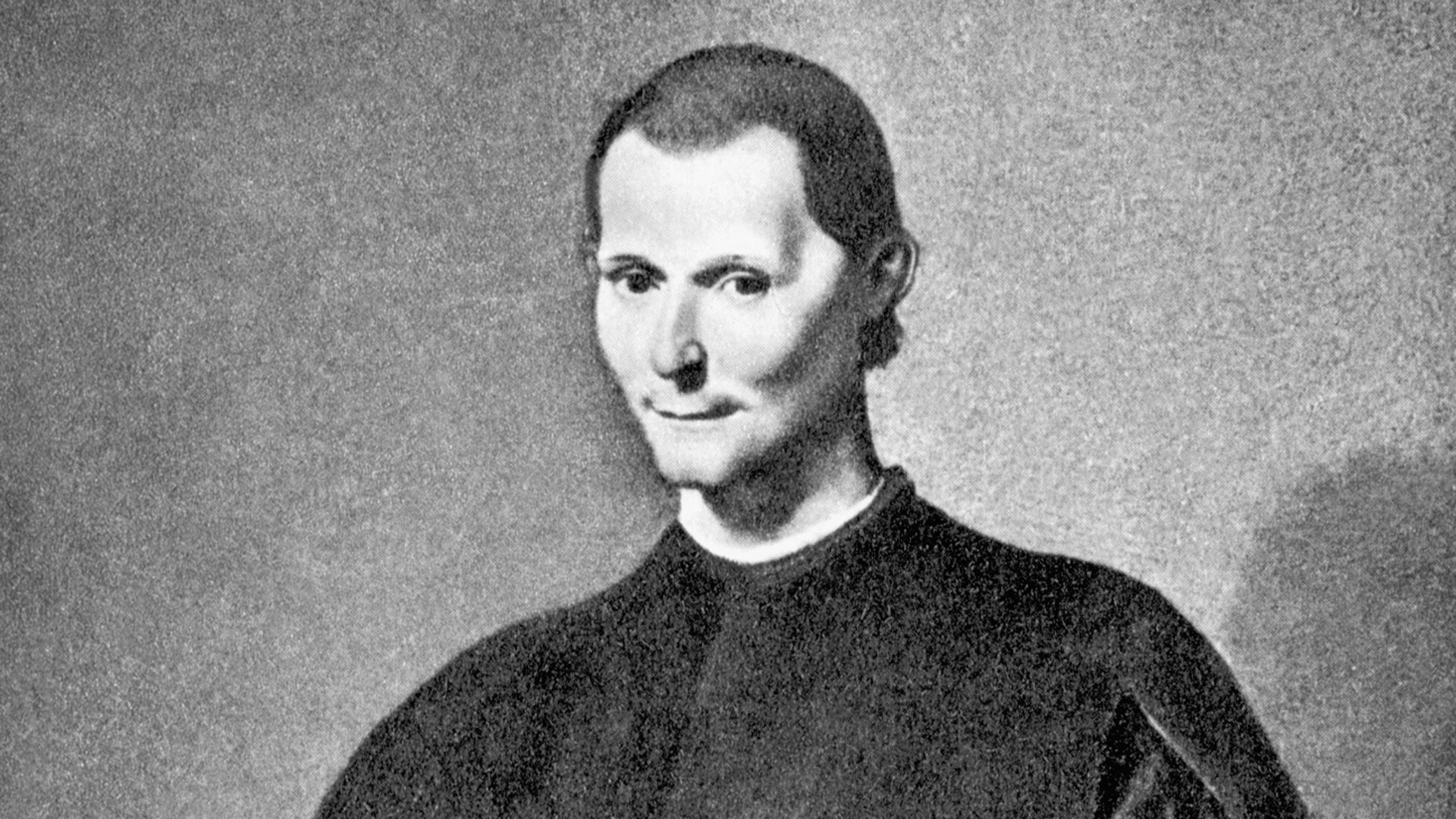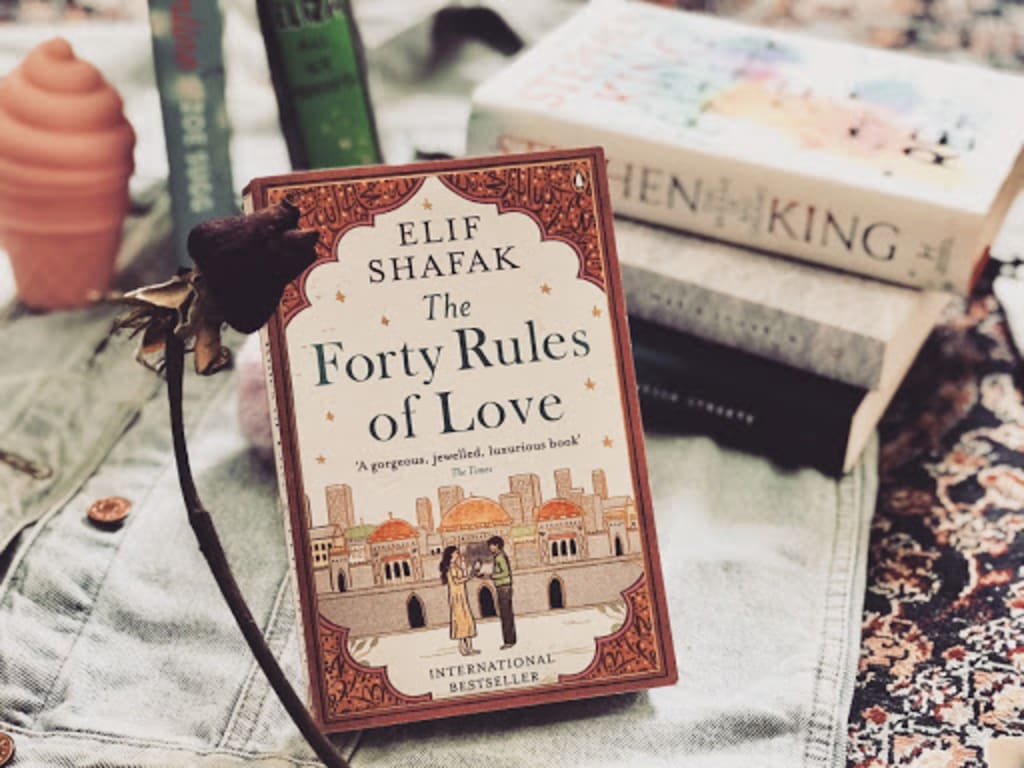Musa Malik
Poetry, with its evocative language, rhythmic beats, and ability to stir emotions, has long been a potent weapon in the arsenal of political and cultural movements. Throughout history, poets have wielded words as weapons, rallying cries, and instruments of social transformation. Let’s delve into the critical role poetry plays in amplifying the impact of these movements:
1. Amplifying Voices and Narratives:
Marginalized communities often struggle to have their voices heard. Poetry provides a platform for them to express their lived experiences, injustices faced, and aspirations for a better future. Powerful verses like Maya Angelou’s “I Rise” or Gil Scott-Heron’s “The Revolution Will Not Be Televised” become anthems for the voiceless, giving them a sense of agency and solidarity.
2. Evoking Empathy and Understanding:
Poetry transcends language barriers and cultural divides, fostering empathy and understanding between different groups. By weaving personal stories and relatable experiences into their verses, poets humanize complex issues and make them resonate with audiences on an emotional level. For instance, Warsan Shire’s poems about the Somali refugee experience or Mahmoud Darwish’s verses on the Palestinian struggle offer glimpses into the human cost of conflict and displacement, fostering compassion and a desire for justice.
3. Challenging the Status Quo and Sparking Dialogue:
Poetry can be a potent tool for questioning authority, critiquing social norms, and challenging the status quo. Through satire, irony, and metaphor, poets can expose injustices, hold power structures accountable, and spark critical thinking. Dudley Randall’s poems about racial inequality in America or Bertolt Brecht’s verses against fascism serve as testaments to the power of poetry in challenging the establishment and inciting social change.
4. Preserving Memory and Identity:
Poetry acts as a powerful tool for preserving cultural memory and identity. By capturing the essence of a community’s history, struggles, and triumphs in verse, poets ensure that these narratives are not lost to time. Pablo Neruda’s odes to Chile or Derek Walcott’s poems about the Caribbean diaspora exemplify how poetry can become a repository of collective memory, shaping and reinforcing a sense of belonging and community.
5. Inspiring Action and Mobilization:
Poetry has the power to ignite a spark of hope, inspire action, and mobilize individuals to work towards a common goal. Whether it’s the rallying cries of the Black Lives Matter movement or the anthems of the Arab Spring, poems can galvanize communities and give them the courage to fight for a better future. James Weldon Johnson’s “Lift Every Voice and Sing” or Faiz Ahmed Faiz’s revolutionary verses serve as testaments to how poetry can inspire collective action and social change.
Beyond Words: The Enduring Impact of Poetry
The impact of poetry on political and cultural movements extends far beyond the written word. Poems are often recited at rallies and protests, incorporated into songs and chants, and shared on social media, amplifying their reach and impact. They can live on for generations, becoming symbols of resistance and beacons of hope, even in the face of oppression and adversity.
In conclusion, poetry is not just a form of artistic expression; it’s a powerful tool for social change. By amplifying voices, evoking empathy, challenging the status quo, preserving memory, and inspiring action, poetry plays a crucial role in shaping the course of political and cultural movements. As long as there are voices to be heard and injustices to be challenged, poetry will continue to be a vital weapon in the fight for a more just and equitable world.
Please, subscribe to the YouTube channel of republicpolicy.com







































